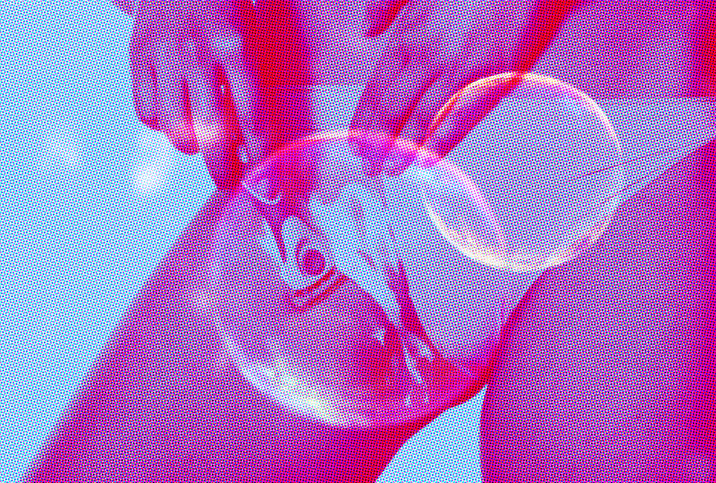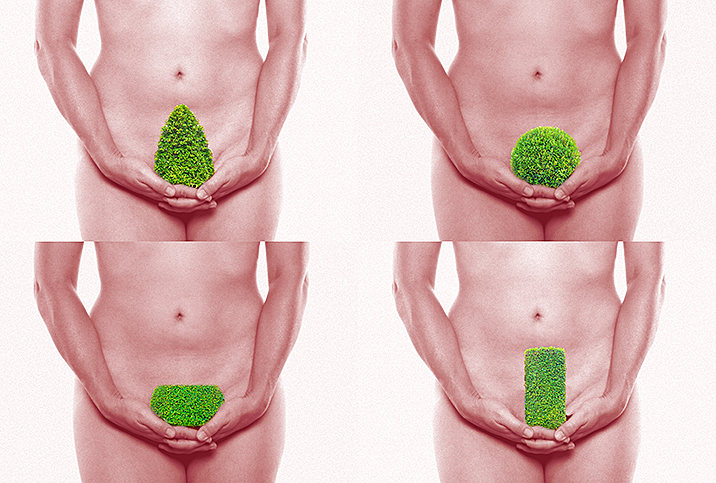Skin Care Down There for Women

No two women are exactly the same, and there is no set beauty standard for a woman's pubic area and genitalia. This doesn't necessarily make it easier to silence the self-criticism some women might feel about the most intimate parts of their body.
Our inability to talk openly about vaginal care can cause misconceptions about which beauty or cleansing regimens are truly needed for good health and how others range from unnecessary to harmful.
First and foremost: basic balance
When it comes to the actual health of your vagina, balance is key. Balance between pH levels and bacterial populations indicates everything's healthy. However, keep in mind that optimal pH numbers change as women get older, so it's important to take this into consideration and consult your doctor if you have any specific concerns.
You should also be aware that optimal pH numbers can also be affected by over-cleaning the vagina or using products made with the wrong ingredients. Don't be fooled by old-fashioned attitudes and misinformation intended to make you believe you need the countless feminine hygiene products oversaturating the market. Use nontoxic and natural soaps—usually diluted with water—to gently cleanse the surface areas of your pelvic and pubis areas. Avoid perfumed cleaners and, even when using chemical-free substances, never attempt to clean yourself too deeply or too vigorously. Your body has natural processes for that.
Remember that odor is a natural part of the human body, and any odors that stand out might be a natural warning, indicating a more serious problem. Any product designed solely to appeal to your vanity, whether it's to address scent or other issues, should be regarded with healthy skepticism.
The problem with products
For sex-related products such as lubricants, massage oils and other items marketed for pleasure, the golden rule is to keep it simple and keep it natural. Water-based lubes are generally going to be best for decreasing friction and increasing pleasure during sex.
For niche products, like scented oils or CBD-based topical creams, the answers are not as straightforward. In many ways, the general advice is much the same as for diet and nutrition. If you look over the ingredient list on the bottle and you can't make heads or tails of what's actually in the product, there's probably a better and more natural option on the market. And since the subject of diet is on the table, don't forget that what you eat affects all parts of your skin.
Natural skincare products women use for overall skin care include African shea butter or lotions and creams rich in probiotics. These make for great pre-sex beauty routines to feel cleaner, smoother and sexier overall.
Don't fall for it
Many parts of the beauty industry prey upon insecurities, vanities and uncertainties of men and women alike.
Does a product sound like it might be too good to be true? If so, there's a solid chance it probably is. Keep in mind, reviews and press attention can both be bought fairly easily these days, so a five-star so-called customer review or a puffed-up publicity piece should not be enough information on which to base your decisions regarding your health.
Remember to take and make recommendations wisely, practice due diligence and don't get conned by magical-sounding claims. Try to have a clear idea of who is making the product, what it's made out of and heed any warnings or recommendations that come with it.

















